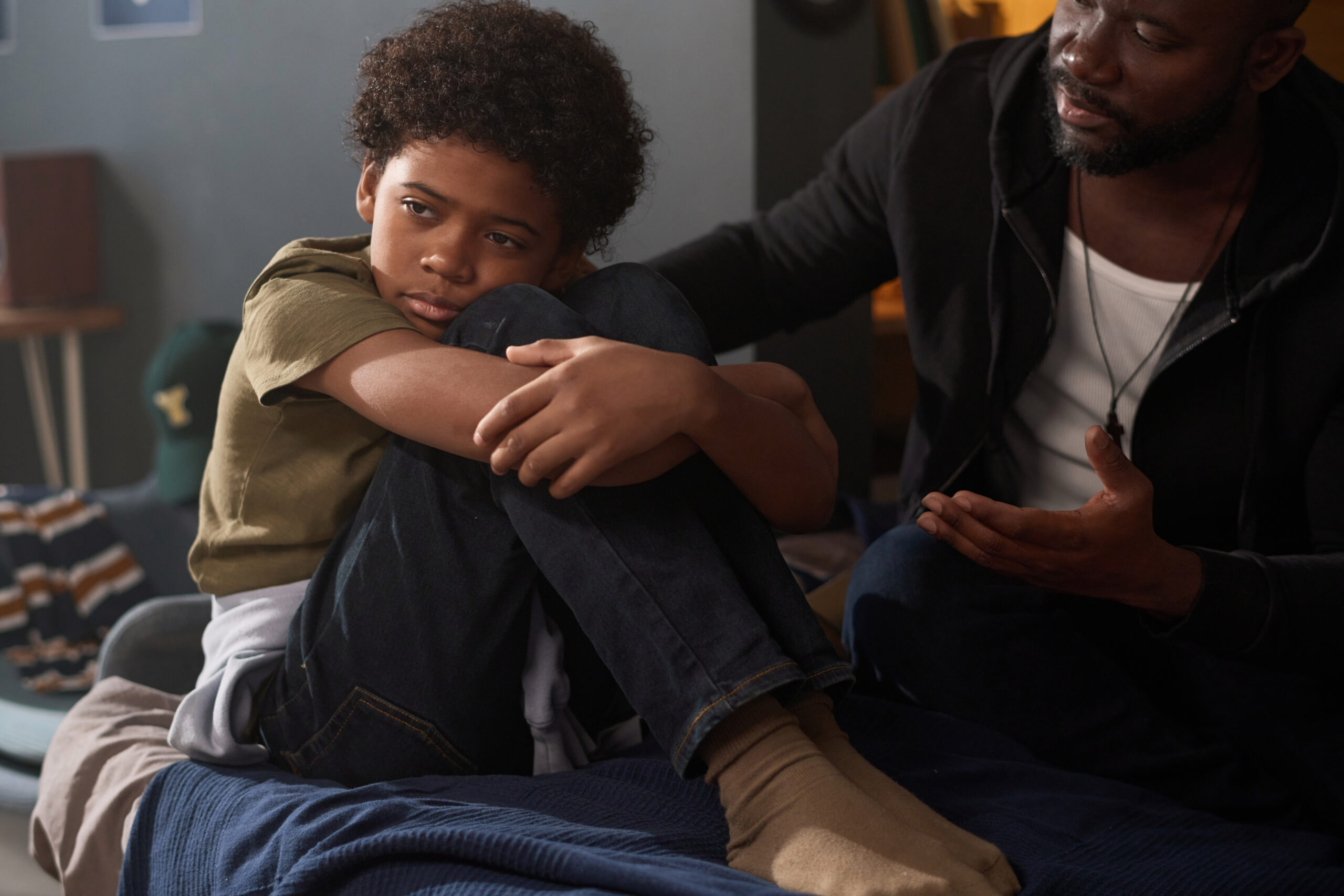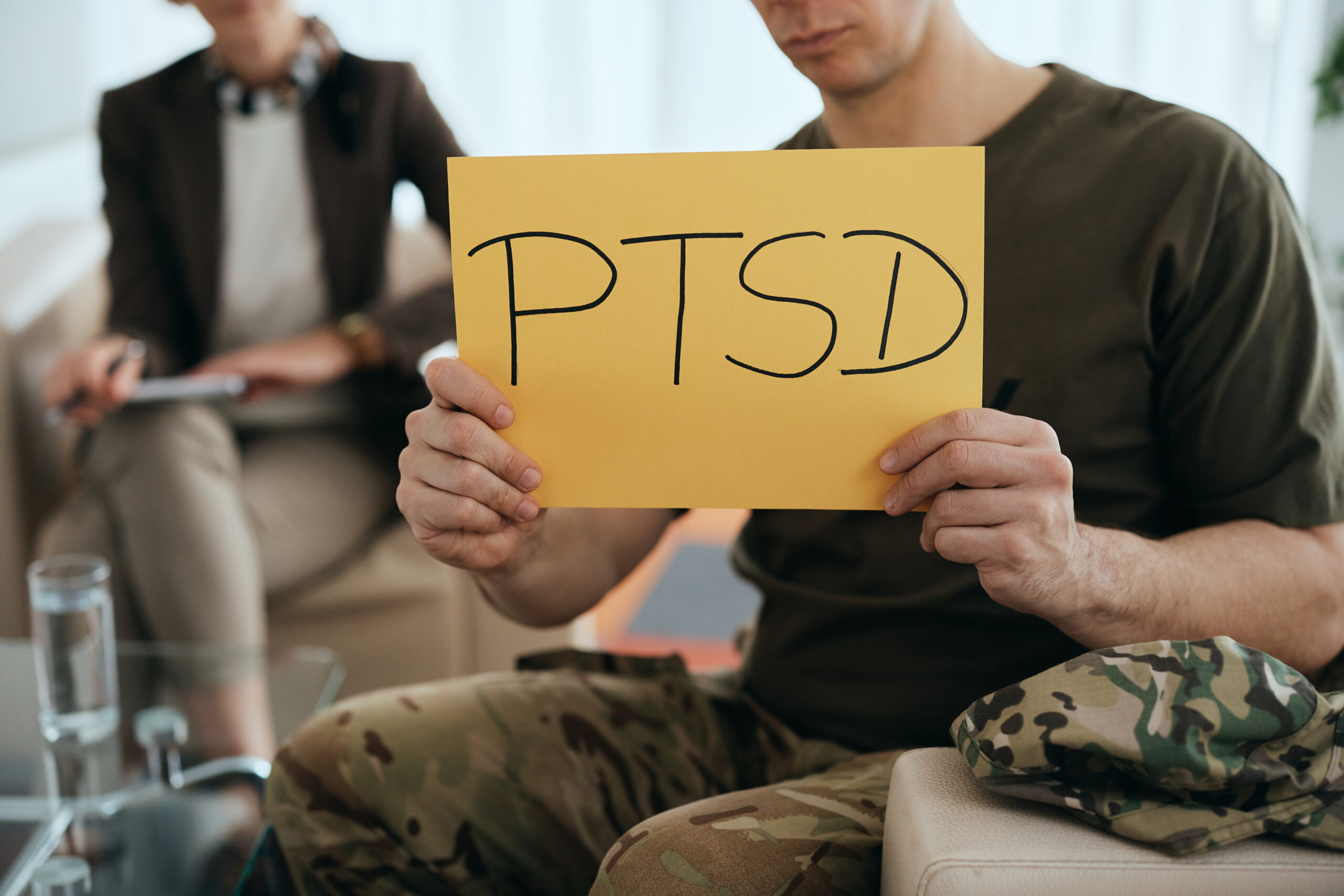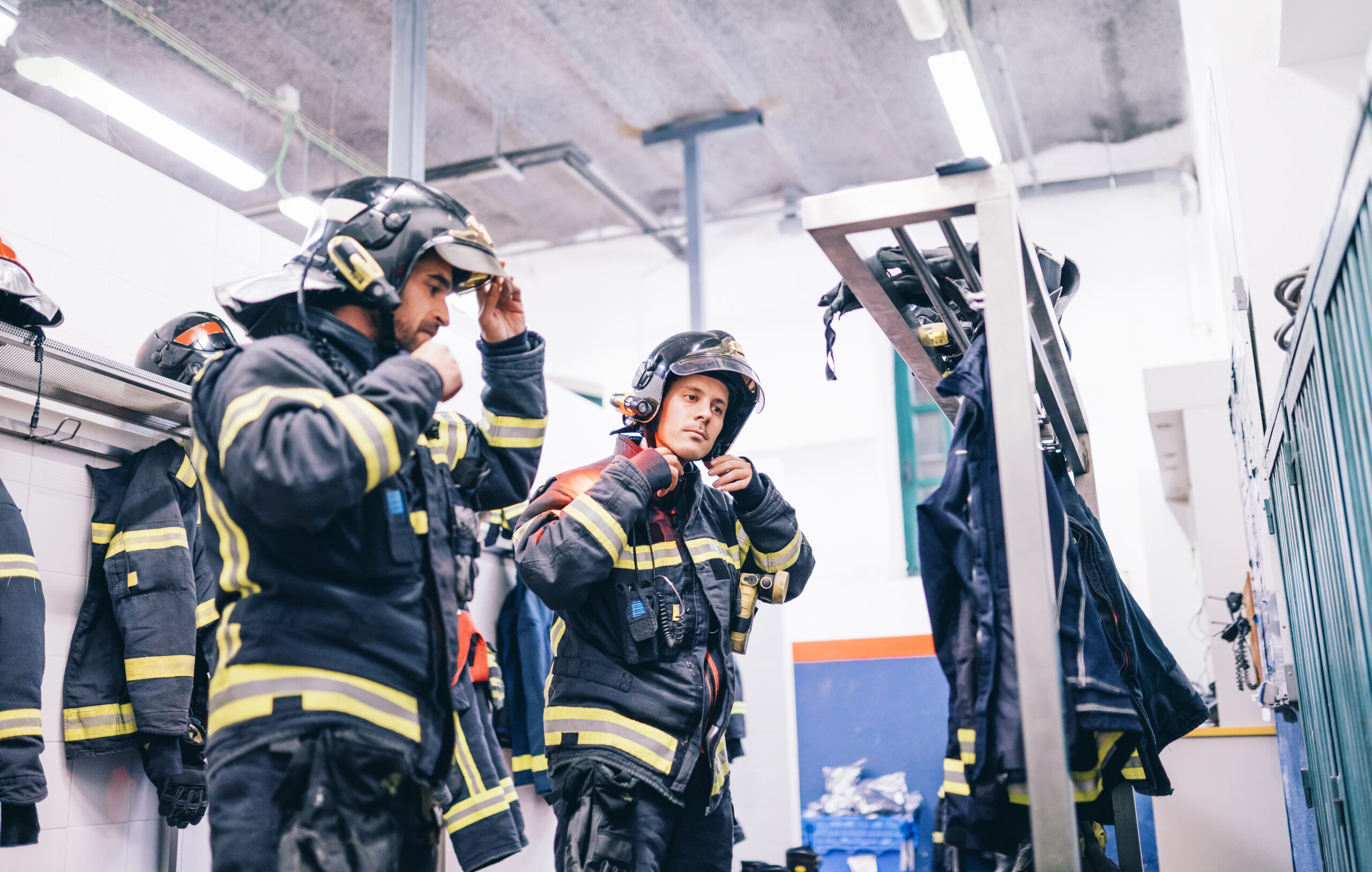If you are experiencing post-traumatic stress disorder (PTSD), you might feel uneasy about certain memories…

Talking to Children After A Traumatic Event
When a traumatic event takes place, such as an act of violence or social unrest, parents frequently find it challenging to discuss the situation with their children. Whether through images on television or conversations they overhear, children are often aware that something negative has occurred. Such events can evoke feelings of sadness or fear in children. Engaging in open conversations about their emotions can provide valuable support.
Create a safe and reassuring atmosphere
- Encourage children to express their feelings when they realize something troubling has occurred by letting them know they can talk to you.
- Initiating a conversation by asking them about what they have heard can be an effective starting point.
- Children might feel anxious about the possibility of such events affecting them or their families. It’s important to reassure them that you will do everything you can to keep them safe.
Children need you to tell the truth
- Respond to their inquiries with transparency
- Describe situations using language and concepts they can grasp
- Avoid bombarding them with excessive details unless they seek specific information
- It’s perfectly acceptable to share with children that you are also experiencing sadness or anxiety due to current events
How can you deal with TV, internet, and other media?
- Supervise younger children’s television and online activities. Make sure they avoid shows or websites that contain unsettling images.
- For older children and teenagers, watching TV, browsing online news, or reading the newspaper can be suitable. It’s important to discuss their observations and thoughts.
- Pose questions such as, “What are your thoughts on what’s happening? Do you feel scared? Are you feeling sad or angry?”
Help them cope with their feelings
- If your children struggle to express their feelings verbally, encourage them to communicate through drawing, storytelling, or playing with toys, which can help them find comfort.
- Maintain your child’s usual routine during challenging times, as familiarity can provide a sense of security.
- Engaging in acts of kindness for those impacted by a tragedy can uplift children. Suggest they create a card to send or join in a fundraising initiative.
- Emphasize the positive aspects by highlighting the many individuals who offer assistance during emergencies.
Look for signs of anxiety or fear
Watch for:
- Decreased appetite, stomach pains, headaches, or recurring nightmares
- Frequent discussions about frightening thoughts or emotions
- Heightened conflicts with friends, siblings, or parents
- Anxiety about separating from parents or attending school
- Ongoing signs of stress or irritability
- If your child exhibits any of these symptoms for an extended period, it may be beneficial to consult a healthcare professional or doctor.



